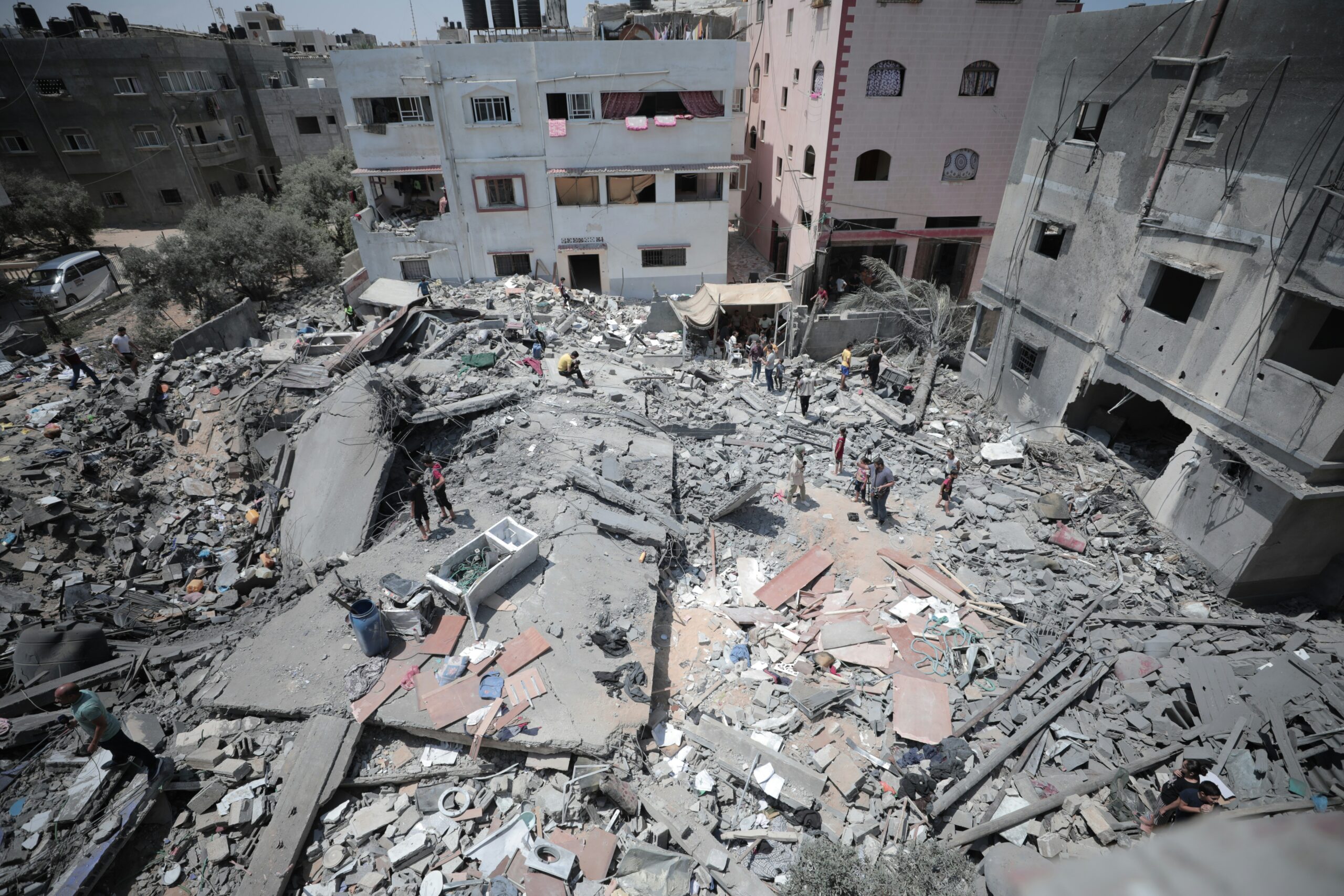A while back at a parish function in our diocese, I was approached by a person who knows me fairly well. That’s not really strange, because I have been wearing my heart on my sleeve ever since I was ordained to serve here some 35 years ago. She was concerned. “Are you alright?” was the question, followed by an observation. You haven’t posted any funny pictures lately and you look…sad.
My first response was to assure her that my health was good. Then I said, “I have been in intentional intercessory prayer for the countries and people of the world who are suffering because of war and conflict. I have been doing that ever since the war in Gaza started. I am quiet on purpose fasting from abundant humour.” I continued, “I want you to know that my joy and love is still intact. I am fine.” Looking into her eyes I expressed my deep thanksgiving for the noticing. It meant so much.
Because this is a January article, let me ask you to think of the time when many of us engaged in personal and group discussions about New Year’s Resolutions. There was always hope of new starts, new commitments, and fresh qualities to our living.
Let me share a perspective about new plans and new beginnings from a Hiba Abu Nada, poet of Gaza:
(October 23) “We go to sleep thinking about very ordinary things, a university exam, buying a new piece of clothing, worrying about applying to a job – then suddenly the sound of the alarm changes, exams are cancelled, schools and universities are shut down, gunpowder blasts everywhere, Al Jazeera (News Station in Israel) turns red, we turn on the radio, Telegram, in our minds we start to reschedule all our plans. In Gaza, everything changes in an instant. Our newsfeeds are funeral homes/memorial services/obituary pages. We move from page to page as if walking through a square full of funerals packed side by side. God, the weight of these days.”
We live in a world where much conspires to insulate us from the cold, harsh realities of the hungry, oppressed victims of violence. Let’s not fool ourselves about where we live either. Western corporate society is constantly pressing us to be self centred. Western corporate society is also constantly trying to convince us that all we need can be purchased: from them.
Religions are not exempt either. There are literally thousands of denominations in North America who are registered charities, each one of them proclaiming that they are “right.”
Having read that, please let me bring you back to Gaza in hope that your heart will be touched as God desires it to be touched.
Hiba Abu Nada wrote a series of poems. There is not enough room here to share them all, but here is a sample from her diary. It is entitled I Grant you Refuge. She writes the first lines of the verse as if God, or someone trying to provide for others who have nowhere to go. The verse then turns to a prayer:
“…I grant you and the little ones refuge, the little ones who
Change the rocket’s course
Before it lands
With their smiles.
I grant you, and the little ones refuge, the little ones now asleep like chicks in a nest.
They don’t walk in their sleep toward dreams.
They know death lurks outside the house.
The mother’s tears are now doves
Following them, trailing behind every coffin.
……Have mercy. Spare me a little while.
For their sake, I’ve learned to love my life.
Give them a death
As beautiful as they are.”
I first read this passage while travelling back to our diocese on an airplane from Toronto. My tears flowed and the Holy Spirit spoke to my heart.
I didn’t care who noticed. In fact, I hoped someone would and ask: “Are you alright?” so I could talk about death, cruelty, beauty, and meaning.
No one asked.
I prayed on that aircraft: “O Lord, help me to love my life, because of them in Gaza, and those in my own diocese and community.”
As I write this article for you, and as you begin this new year, I pray for you new revelations of the joy of living lives of love and compassion.
Hiba Abu Nada and her family died in their home on the evening of October 20, 2023 in an Israeli airstrike shortly after she wrote these words in her journal.
The poem quote is from Daybeak in Gaza, Stories of Palestinian Lives and Culture
Mahmoud Muna, Matthew Teller, Jayyab Abusafia and Juliette Touma Editors.
Published by Saqui Books,2024.
Please consider reading this book.


